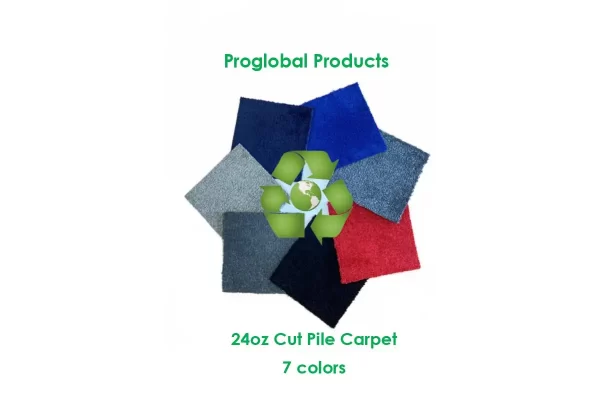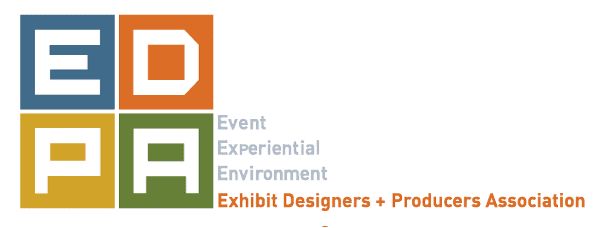Hello Class. Good to be back with yet another TradeShow Teacher lesson. Today, we’ll be talking about doing your homework during your show selection process. When I say “homework,” I am talking about the due-diligence process before you decide on a show, not the homework I’ll be giving you at the end of this article.
Finding the right show is a little bit like dating. You know there is a perfect match out there, but that match is often a little tedious to find. There are plenty seemingly attractive ones to choose from and usually you can tell pretty quickly if you like one or not. But once you do like one, you need to learn more before you can get serious and start writing to your parents – ah, I meant your boss, about it.
In all seriousness, there are a couple of important details to check out and verify before you commit to any specific show.
1.) Getting Started
If you are new to my column or were naughty and didn’t pay attention in previous lessons, let me remind you of the prerequisites before you can even start evaluating a show for its suitability:
Know your goals. Usually that is obtaining new sales leads, but sometimes a show can be about maintaining business relationships, creating industry exposure, public relations or even, like one client I once had, about annoying your competitor.
- What are the verticals you are trying to reach?
- What type of event are you looking for – regional, national, international event?
- Who are your key prospects in each industry – chief financial officers, vice presidents, purchasing directors, managers?
2.) Show Prospectus
Make sure to get a show prospectus for every show you are considering. The quality and accuracy of data somewhat varies, but in most cases they contain facts and figures about attendee profiles, titles, purchasing roles, budgets, sales volume and geographic location.
A show prospectus may also include booth package information and a listing of marketing opportunities. Most of the time, you can easily download this information directly from the show Web site. Usually there is a link to an exhibitor information area of the Web site designated as “exhibitors,” “exhibiting” or something similar. Always keep in mind, the show prospectus is a sales and marketing tool of the show producer, so expect to find only the positive data points in there.
3.) Show Audit
Always ask if a show audit of the previous year’s show is available. The type of facts and figures provided is very similar to the show prospectus, but show audits are verified by a third party, confirming attendee data accuracy by monitoring the show registration process and following up with attendees post-show.
Any audit is only as good as the auditor though, so it’s always a good idea to research the audit company a little to make sure it’s not the show producer’s nephew and that company only audits that one show. The Exhibition and Event Industry Audit Commission (EEIAC) currently has three audit companies certified including BPA Worldwide, Exhibit Surveys, Inc. and VERIS Consulting, LLC.
4.) Personally Verifying Show Data
Something you should do in any case, but certainly if there is no third party show audit available, is solicit information from exhibitors of the previous year’s show. Look for last year’s exhibitor list and select a few companies from your industry or who target similar prospects. Simply call and ask to speak with their show manager. Ask them about their exhibiting experience and whether it was worthwhile to exhibit there. Here are some sample questions to ask; add additional questions, specific to your needs.
- Did they feel the attendees fit the show’s description?
- Was the show turnout good?
- Would they exhibit there again?
Another good source of information about the show is previous attendees. A reputable show will be willing to provide you with a small sample of previous attendees. Call several of them to ask about their impression of the show. Here are a couple of sample questions to ask, like before, customize questions to your business needs.
- What were their reasons for attending; did the show meet their attendance goals?
- Do they plan on attending again?
- What contributing factors make them want to attend again?
5.) Show Promotion Plan
Another item worth researching is the show producer’s plan for the promotion of the show. This is something you typically don’t find on the show Web site. A professional show producer will have developed detailed plans to reach and attract a well-defined audience and be willing to share that plan with potential exhibitors. At minimum, any such plan should contain most or all of the following items:
- Defined target audience and how they will be reached.
- Outline of print advertisements, including the publications they will run in, with publication distribution numbers.
- Direct mail and e-mail campaigns: the number of campaigns planned and who they will be distributed to.
- Press releases: topics, distribution schedule, distribution outlets and other areas of placement.
- Online advertising: list of websites, size of ads and advertisement schedule.
- Radio or TV coverage etc.
If the show is not willing to share their plans with you, consider that a red flag since it almost certainly means they have something to hide. It might simply be the fact that that they are behind on their planning which is a bad sign in itself, but it could also be a part of a greater problem, such as disorganization, lack of planning or funding and lack of preparation for the overall show.
Homework: Matching Your Research Results to Your Requirements
Now that you have collected all pertinent information about your prospective shows, it’s time to see how they match up. At minimum, you should look at the following data points; ask yourself for each show:
- What initial goals does this show meet?
- What key prospects attend this show and what is their purchasing authority?
- Will you have the resources for effectively planning and exhibiting at the time of year the show is scheduled for?
- Do you have the budget for all related expenses?
- Can your sales team manage the show leads acquired at that time of year?
- Are there other conflicting company events?
- Are there high concentrations of competitors exhibiting?
- Are the competitors too large or to well positioned to compete against?
That’s it for this lesson. If you have any questions, send email to me at linda@tsteacher.com. Bye, for now!
About Linda Musgrove:
Linda Musgrove is president of the tradeshow training firm, TradeShow Teacher. She focuses on teaching companies to significantly improve tradeshow results through strategic, customized tradeshow training for individuals, departments or entire teams. Musgrove also presents customized training programs for tradeshow producers to offer exhibitors. Most recently she authored “The Complete Idiots Guide to Trade Shows”, published by Alpha Books/Penguin Publishing. Learn more at /www.tsteacher.com and sign up for the free monthly Trade Show Tactics newsletter. Follow her on Twitter at: twitter.com/tsteacher or send an invite to connect on LinkedIn via e-mail is: linda@tsteacher.com.




























